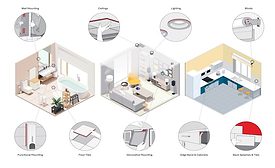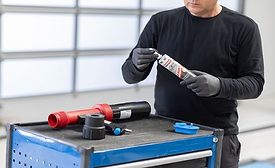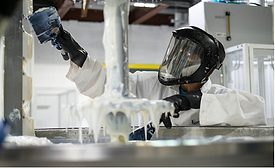Finished Adhesives and Sealants
The ASSEMBLY Show gives industry professionals an opportunity to see the most up-to-date technologies in assembly manufacturing.
Read More
How to Choose a Silicone Sealant
The choice of a silicone sealant can impact the manufacture of a product, its performance, and its longevity; choosing wisely involves many factors.
October 14, 2022
Keep the info flowing with our eNewsletters!
Get the latest industry updates tailored your way.
JOIN TODAY!Copyright ©2025. All Rights Reserved BNP Media.
Design, CMS, Hosting & Web Development :: ePublishing









